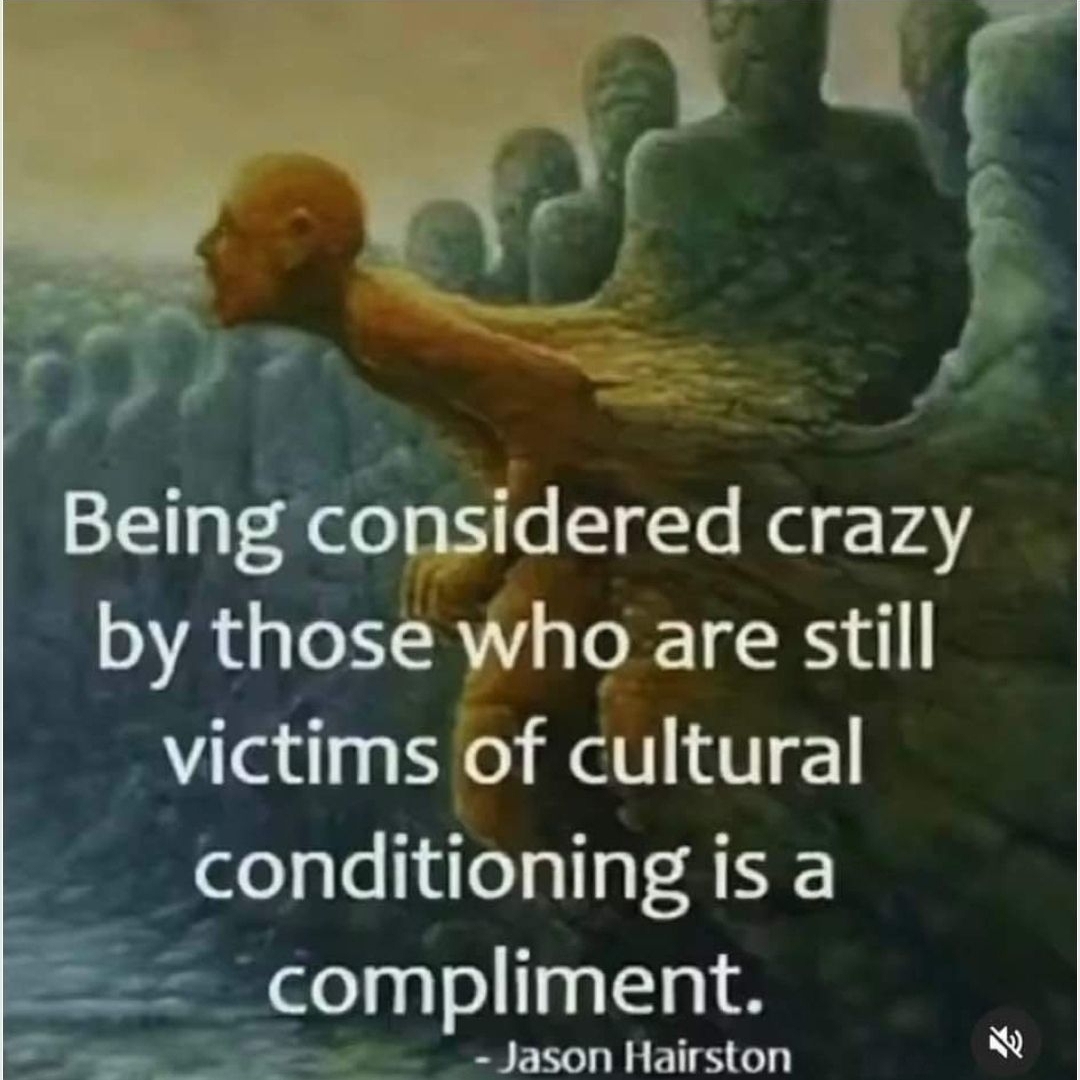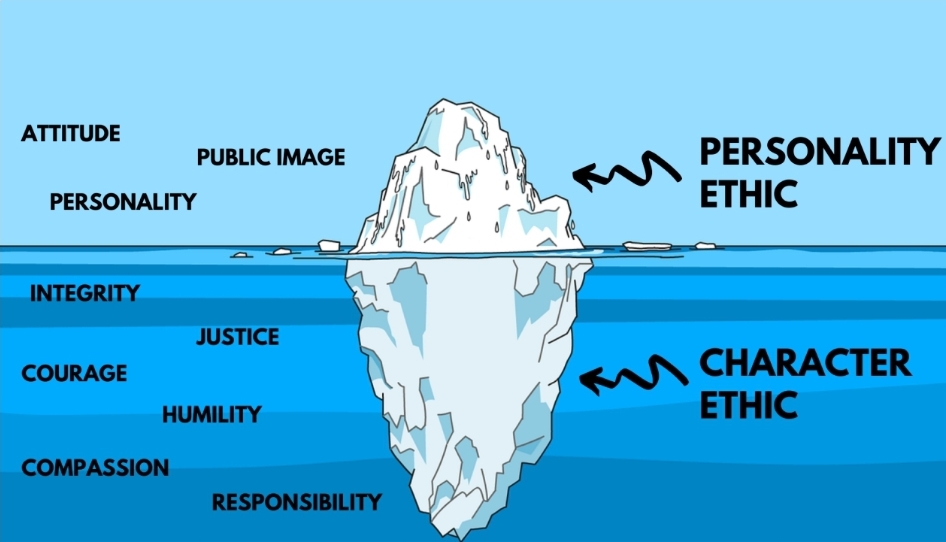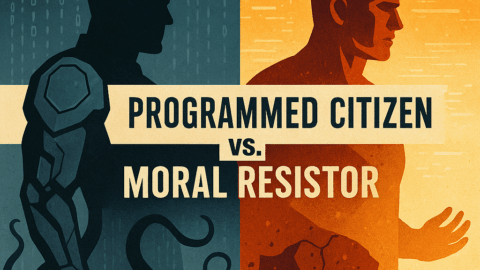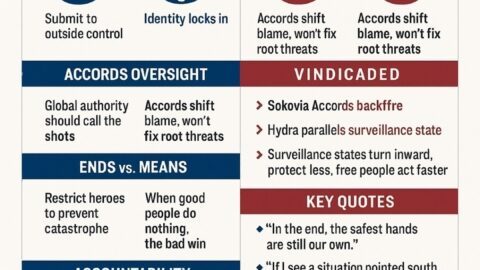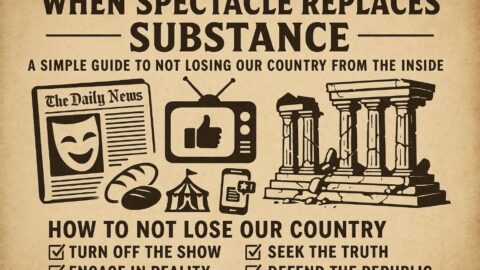Stephen R. Covey, in The 7 Habits of Highly Effective People, outlines a powerful historical shift in American thinking: the move from Character Ethic to Personality Ethic. Here’s a detailed summary and breakdown:
Covey’s Research and Observation
Covey, through years of studying success literature from 1776 onward, noticed a major transformation in the way success was taught and perceived:
- Pre-20th Century Literature (1776–1920s): Focused on deep, internal character development—what Covey calls the Character Ethic.
- Post-World War I Literature (1920s onward): Shifted toward external behaviors, image, and techniques—what he calls the Personality Ethic.
What is the Character Ethic?
This ethic emphasizes timeless principles and internal transformation. Qualities considered essential to long-lasting success included:
- Integrity
- Humility
- Fidelity
- Temperance
- Courage
- Justice
- Patience
- Industry (hard work)
- Simplicity
- Modesty
- The Golden Rule (treating others as you wish to be treated)
These are not superficial traits. Instead, they require discipline, reflection, repentance, effort, and consistent behavior aligned with moral truths. Benjamin Franklin’s autobiography is cited as a prime example of this ethic in action—a life committed to self-improvement through principles.
What is the Personality Ethic?
The Personality Ethic, emerging in the 20th century, shifted the focus to surface-level traits and social techniques, such as:
- Public image
- Positive mental attitude (PMA)
- Human relations techniques
- Influence strategies
- “Power look” and intimidation tactics
- Faking interest or charm to get what you want
This approach downplays internal integrity and instead emphasizes quick fixes to influence others, build rapport, or appear successful—even if those appearances don’t match who we really are inside.
The Problem with the Shift
- Superficiality: Personality Ethic addresses symptoms, not root causes. It puts a “Band-Aid” on deep wounds.
- Manipulation: People are taught to manipulate others instead of sincerely relating to them.
- Emotional and Relational Dysfunction: This results in temporary solutions but leaves chronic personal and societal issues unresolved.
- Loss of Authenticity: Individuals are taught to wear masks—to perform for others, not develop inner strength and virtue.
- Cultural Consequences: The rise of the Personality Ethic parallels growing distrust, disconnection, consumerism, and ego-driven leadership in America.
Why This Matters Today
Covey argues that real effectiveness, happiness, and peace—whether personally, in families, or in society—cannot come from techniques alone. They must come from a return to principle-centered living, rooted in the Character Ethic.
In modern terms:
- Character is who you are when no one’s looking.
- Personality is who you pretend to be when everyone is watching.
Covey’s insight calls for a cultural and personal return to timeless values. Real change doesn’t happen through hacks or performance—but through deep, honest, character-centered work. The Personality Ethic may bring temporary influence, but only the Character Ethic builds enduring trust, leadership, and relationships.
The Measure of a Nation: From Character to Personality
“The true test of civilization is, not the census, nor the size of the cities, nor the crops – no, but the kind of man the country turns out.”
— Ralph Waldo Emerson
In this timeless insight, Emerson strips away the external signs of progress—population, urban development, and material prosperity—and draws our attention to what truly matters: the moral and spiritual quality of people.
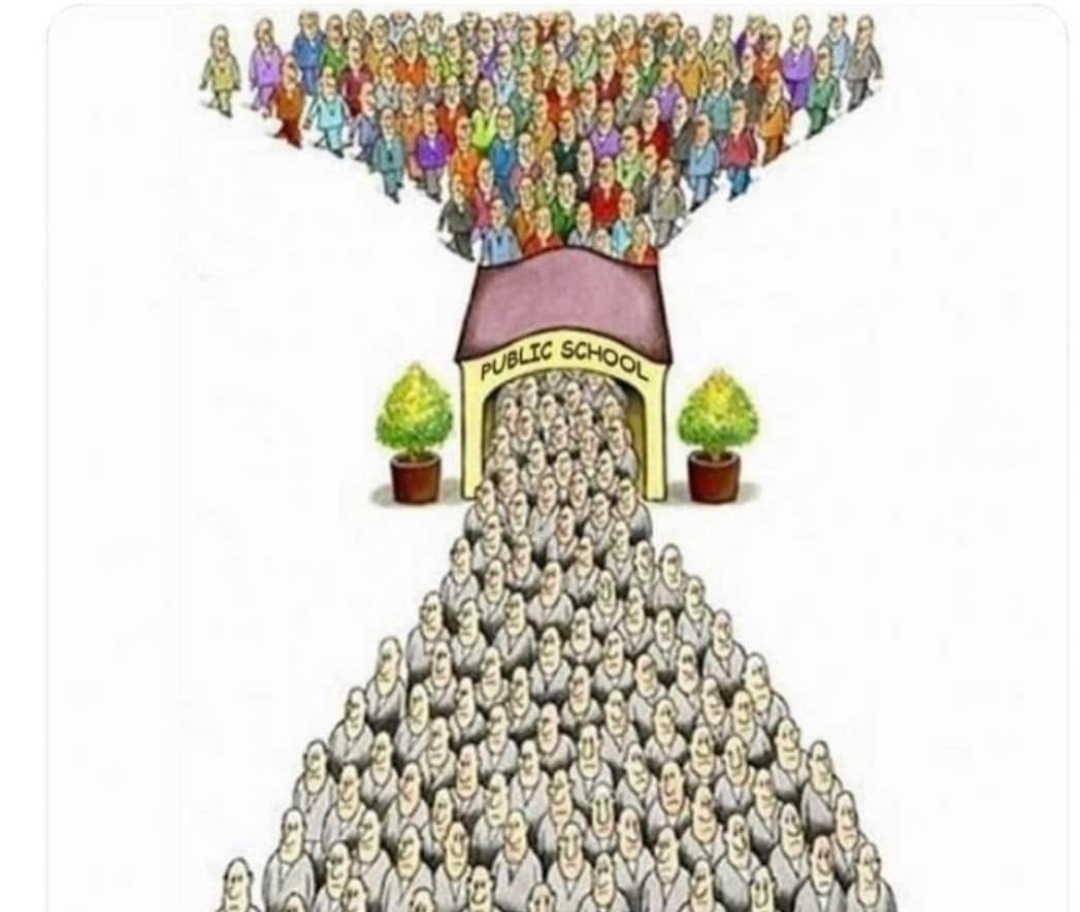
Stephen R. Covey, in The 7 Habits of Highly Effective People, echoes this same concern in a more modern context. His study of success literature revealed a cultural transformation: we once centered success on Character Ethic, but have since shifted to Personality Ethic. This change is not merely semantic—it reflects a profound reorientation of values in our society.
From Character to Personality: A Cultural Shift
- The Character Ethic, which dominated American thought for over a century, emphasized principles like integrity, humility, patience, courage, and personal responsibility. It was about who you are at the core—about becoming a person of substance.
- The Personality Ethic, which began to dominate after WWI, focuses on appearance, charm, techniques, image management, and quick-fix solutions. It teaches people how to seem successful without necessarily being virtuous.
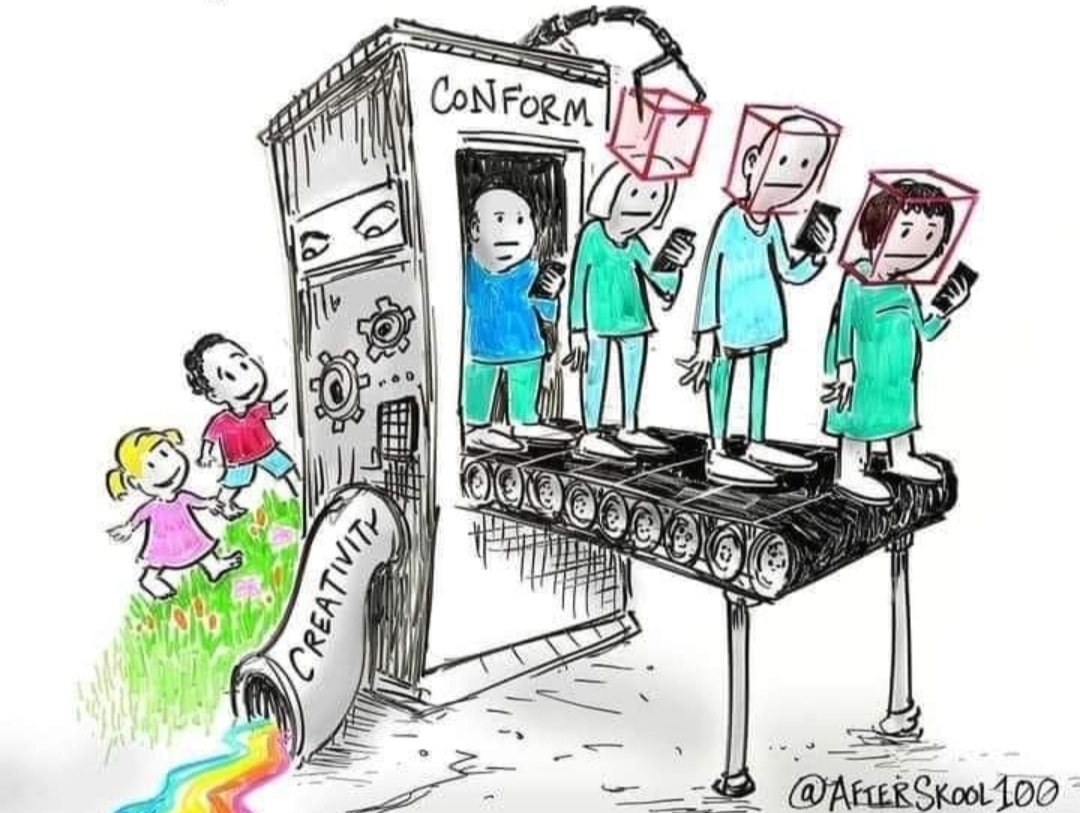
What Kind of People Are We Turning Out?
If we use Emerson’s standard, then the Personality Ethic has produced a kind of man that should cause concern:
- Entitled: Expecting success without sacrifice.
- Prideful and Arrogant: Basing worth on image and comparison.
- Ignorant: Lacking depth, wisdom, and self-awareness.
- Selfish and Narcissistic: Centering life around personal gratification rather than service, community, or higher purpose.
The rise of social media, consumerism, and short attention spans are not just trends—they are the symptoms of a deeper spiritual erosion caused by an abandonment of principle-centered living.
Why It Matters
As Covey and Emerson both point out in their own ways: a nation is only as strong as its people. Not their wealth, not their GDP, not their military—but the moral fiber of the individuals who make up its communities, families, and leaders.
If we want to restore dignity, unity, and true greatness, we must return to Character Ethic:
- Teaching truth and not just opinion.
- Practicing accountability, not blame.
- Living for contribution, not consumption.
- Developing virtue, not just performance.
The slow erosion of virtue in our society—from Character Ethics to Personality Ethics—and its broader cultural consequences. Let’s break this down and expand on it in detail, creating a thoughtful and cohesive narrative:
The Gradual Shift: From Depth to Surface
Stephen Covey’s observation of the shift from Character Ethics to Personality Ethics reveals a cultural transformation so subtle, it has gone largely unnoticed. Like the proverbial frog in boiling water, the change has occurred gradually enough that most people haven’t realized they’ve left behind the foundation of principled living.
“It is too difficult to think nobly when one thinks only of earning a living.”
— Jean-Jacques Rousseau
Rousseau’s words echo the tragedy of a society consumed by materialism and survival-driven thinking. When our goals revolve solely around income, prestige, and image, there’s little energy left for noble thought, self-reflection, or moral development.
The Personality Ethic Era
As Covey explained, Personality Ethics emphasizes:
- Image over integrity
- Techniques over principles
- Influence over authenticity
- External validation over internal transformation
In such a culture, values shift toward:
- Humanism: Replacing God-centered principles with self-centered moral relativism.
- Materialism: Defining success by wealth, not character.
- Agnosticism/Secularism: Rejecting eternal truths for subjective experience.
This change is not only personal—it is societal and systemic.
The Folly of the Majority
“Whenever you find yourself on the side of the majority, it is time to pause and reflect.”
— Mark Twain
The majority of society, influenced by media, education, and popular culture, no longer sees the shift as a problem. They see Personality Ethics as normal—even desirable. Quick success, popularity, and appearances dominate.
“It’s easier to fool people than to convince them they’ve been fooled.”
— Mark Twain
Those living under the illusion of progress often resist correction. The ego resists truth, especially when truth challenges long-held assumptions. The deeper the deception, the harder it is to break free from it.
The Outsider’s Burden
Those who recognize the truth and choose to live by Character Ethics—practicing patience, humility, integrity, and discipline—are increasingly seen as:
- Out of touch
- “Old-fashioned”
- Rigid
- Even judgmental or self-righteous
But they are not wrong. They are living what Covey calls “The Law of the Farm”: the principle that lasting results come from slow, steady, disciplined cultivation, not quick fixes.
In a world obsessed with immediate gratification, they stand as countercultural examples—not because they are outdated, but because they are timeless.
Conclusion: A Call Back to Character
The decline from Character Ethics to Personality Ethics has weakened the moral fabric of families, communities, and the nation. But change is possible.
We must:
- Teach our children how to think, not just what to think.
- Live by principles, not popularity.
- Value truth over convenience.
- And remember: true success is not what we have, but who we become.
In the words of Emerson:
“The true test of civilization is… the kind of man the country turns out.”
May we be the kind of people that turn civilization back toward the truth, goodness, and integrity it was built on.
